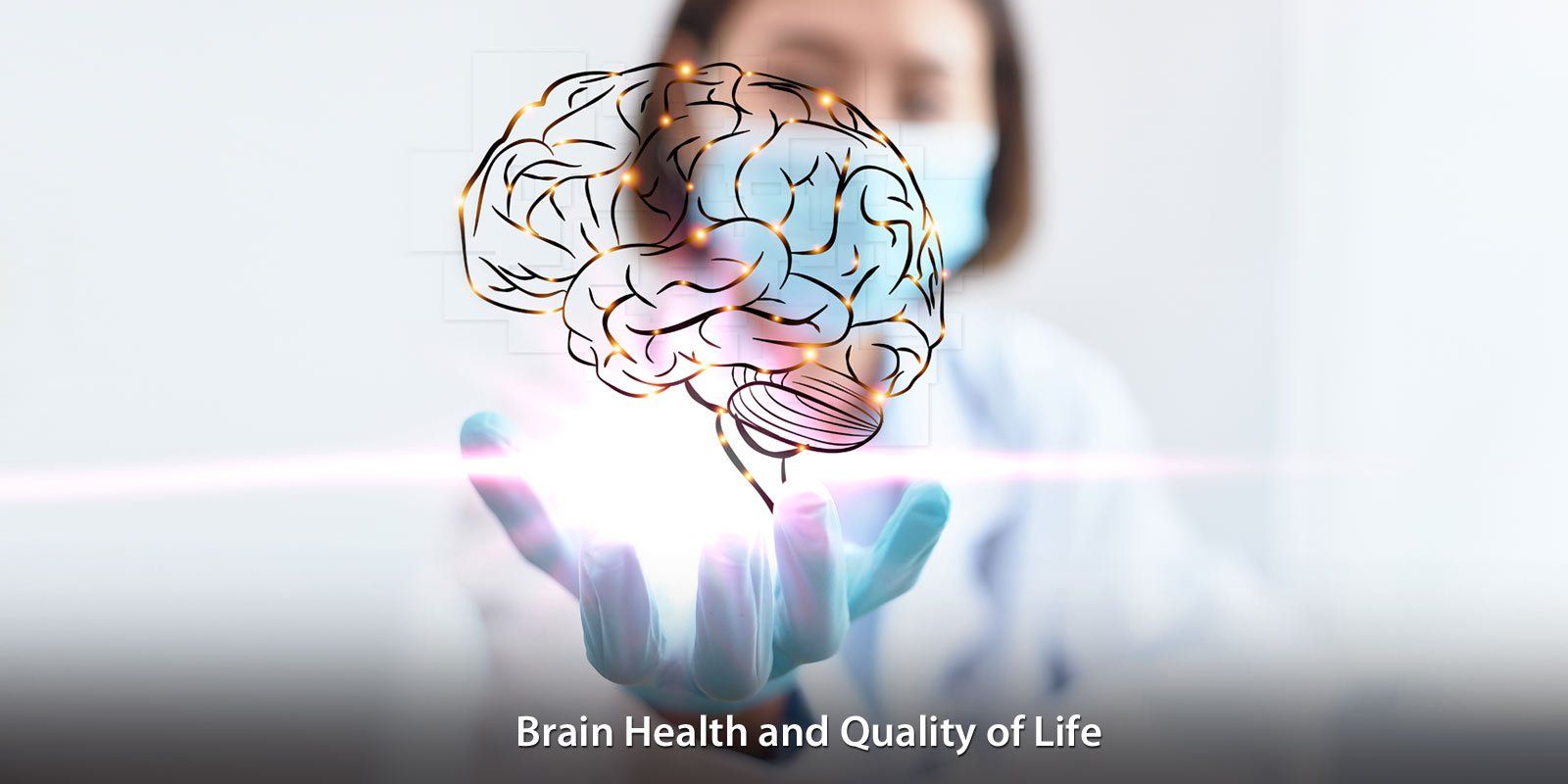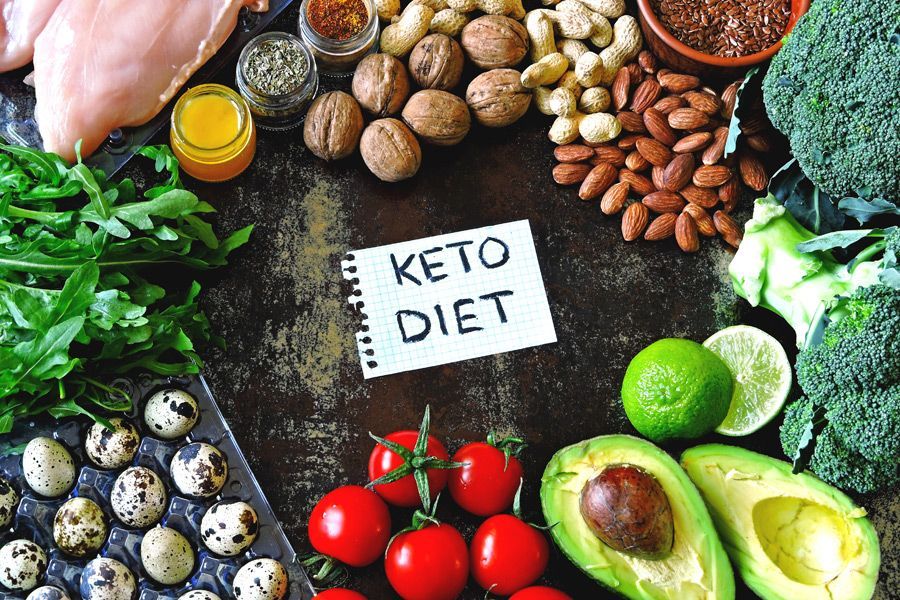Brain Health and Quality of Life
The benefit of strengthening the brain has life-changing potential. Better cognitive skills can help adults in any stage of life.

Conclusive evidence beginning in the 1990s helped shatter the long-held belief that the brain would continue to fail as people aged. Medical experts once thought that nothing could reverse the loss of cognitive abilities. Professional long-term studies have proven the opposite is true. Brain cells do regenerate, and the brain can continue to strengthen throughout life.
Brain Health and Quality of Life
The benefit of strengthening the brain has life-changing potential. Better cognitive skills can help adults in any stage of life. Younger adults may retain new information more easily. Older adults can boost memory, and seniors can remain independent for longer. For those that worry about dementia-related diseases because of family history, a healthy and exercised brain could help them avoid what they once believed was inevitable.
Studies That Changed Neurological Understanding
Fernando Nottebohm performed studies in the 1980s at Rockefeller University. The research conducted with birds showed that the production of new nerve cells in the brain (neurogenesis) occurred continuously in areas activated during song memory and food location.
In the 1990s, the founding director of the Queensland Brain Institute, Professor Perry Bartlett, advanced studies further when he discovered brain stem cells. The ability of the stem cells to divide and develop into various cell types boosted the potential of repairing the brain when affected by diseases or other damage. The studies proved the brain could rewire itself and build and strengthen other cells. The process is known as neuroplasticity.
How to Boost Brain Regeneration
- Diet: Good brain health begins with diet. Eating right plays a role because it reduces inflammation, provides antioxidants, and contributes the nutrients needed to fuel the brain. Of course, increasing fresh fruits and vegetables will always help, but foods with neuritogenic compounds may help more. Foods with these compounds are known as sulforaphane vegetables. Examples include cabbage, watercress, broccoli, and many others. Foods with these compounds help with nerve regeneration.
- Exercise: Physical activity boosts blood circulation and encourages the body to release hormones that improve mood and contribute to stress reduction. Exercise also helps to nourish the brain by providing it with glucose and oxygen so it functions at its optimal level. A personal fitness trainer can help you make a lifestyle change. The brain cannot store oxygen or glucose for later use, so only a continuous supply provides it with what it needs to be at its best. Moderate cardio workouts of 30 minutes daily can improve cognition in anyone, regardless of age. Seniors may experience the most benefit as it may help to reduce or prevent cognitive decline in Alzheimer's and dementia patients.
- Stress Reduction: Stress causes the body to release certain hormones that can damage the brain and lead to cognitive decline. Making efforts to relieve stress as it happens rather than allowing it to accumulate can benefit brain health immensely. Stress reduction tactics can include meditation, a proven beneficial activity, but can also mean other activities. The key to gaining the most benefit is to choose active and not passive pursuits. Active methods include relaxing activities like crossword puzzles, reading books, or engaging in crafts. Non-active stress relievers like watching tv can reduce stress but do not offer the same brain boost because they do not activate the brain like participation. On the other hand, active pursuits can also strengthen the brain adequately to provide resilience for future stressful events. Surprisingly, as a seemingly passive activity, listening to music can offer the same benefits as an active hobby.
- Supplements: Many brain-healthy supplements exist, and some fit easily into a healthy meal plan. Turmeric is a popular seasoning with nerve-regenerating remyelinating compounds and acts as an anti-inflammatory. Ar-turmerone, a component in turmeric, could also help to boost neurological regeneration allowing the stem cells in the brain to heal and increase in number.
- Green tea also fits easily into most diets. The catechins in green tea act as antioxidants and stimulate the brain to make more neurons. Researchers continue to study green tea catechins because they believe they show promise for treating diseases like Parkinson's, Huntington's, and Alzheimer's.
- Ginkgo biloba is known for the dozens of health benefits the supplement offers. Studies have also shown that it can increase brain-derived neurotrophic factor (BDNF), a brain protein that protects brain cells and encourages growth. The supplement can also help NSC cells develop. NSC are stem cells that can shape into any brain cell and help repair cells. Comparisons in a paper published in the European Journal of Neurology in 2006 showed Ginkgo Biloba's effectiveness equaled that of the commonly used Alzheimer's drug, Donepezil.
- Stimulation: Continued learning remains an effective way to keep the brain engaged and stimulated. Studies show a link between cognitive decline and less critical thinking. Age-related cognitive failures may have less to do with age and more with the habits people develop. The brain suffers as people retire, socialize less, and reduce their activities. The inactivity can lead to memory failure and a reduction in sharpness.
Long-term studies on older participants included cognitive training like learning new skills, reading books, and problem-solving activities. The studies showed that training provided immediate benefits that could enhance brain function for up to 10 years and potentially enabled seniors to remain independent longer than expected.
Improving the health and function of the brain affects everyone. Better brain health enables people to live fuller lives for more years than many expect. It allows people to stay engaged with family and friends and enjoy new challenges even through their retirement years. In addition, proactive measures could potentially slow or prevent the onset of dementia-related diseases.










